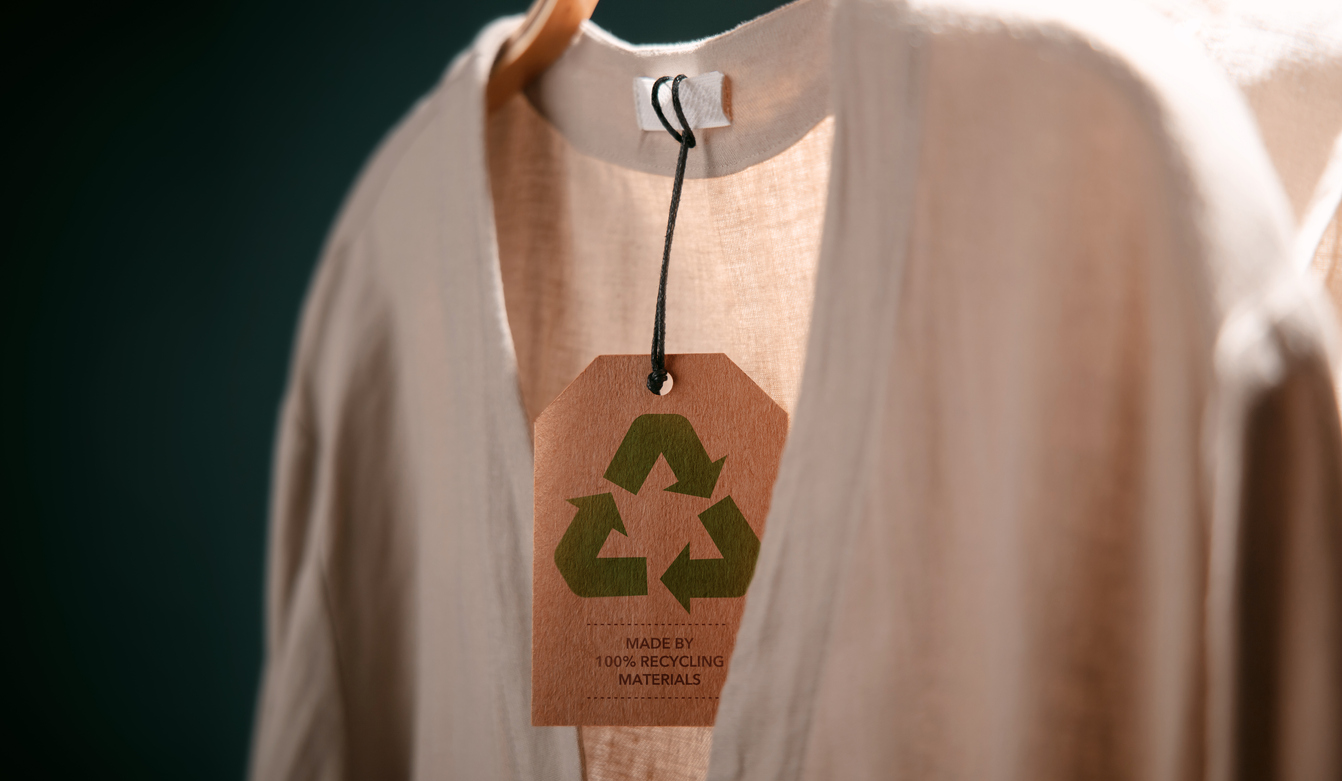Stay Ahead of the Contour by Exploring Innovative Fashion Fads
In a sector as vibrant as fashion, remaining in advance includes even more than simply complying with current patterns-- it demands an expedition of technology. The merging of innovation and style advertises a brand-new age of customer engagement.

Accepting Smart Textiles
In recent times, the fashion business has seen a transformative shift with the assimilation of clever fabrics, an advanced advancement that mixes modern technology with textile. This evolution represents not just a fusion of looks and capability yet additionally a significant leap in the direction of sustainability and personalization in vogue. Smart textiles, also known as e-textiles, embed advanced electronics such as sensing units and conductive strings within the textile, making it possible for garments to connect with the user or the setting.
These textiles are developed to keep track of physiological parameters, such as heart rate or body temperature level, giving real-time wellness analytics. Beyond health applications, smart fabrics are also being used for adaptive clothing, which can transform shade or pattern in reaction to environmental stimulations, hence supplying a dynamic fashion experience.
Moreover, the growth of energy-harvesting textiles that generate power from activity or sunshine is leading the way for self-sufficient wearable technology. This development is appealing to ecologically conscious consumers and developers aiming to lower the eco-friendly footprint of fashion. As study and advancement in this field breakthrough, wise textiles are anticipated to become significantly common, reshaping the landscape of modern-day fashion with their multifunctional capacities.
The Increase of 3D Printing
Revolutionizing the production landscape, 3D printing has become a game-changer in the garment industry. This advanced technology has actually enabled developers to press the limits of creative thinking, creating intricate and personalized garments that were previously unbelievable. By leveraging digital layout and additive manufacturing, 3D printing assists in the creation of complicated geometries and patterns, allowing developers to experiment with new appearances and structures.
A significant benefit of 3D printing in fashion is its capability to generate on-demand, reducing waste and minimizing supply needs. This effectiveness not just maximizes production processes yet also enables fast prototyping, making it possible for designers to bring their visions to life in a shorter timeframe. In addition, 3D printing sustains personalization somewhat unmatched by conventional techniques, using distinct styles and tailored fits tailored to individual consumer preferences.
The rise of 3D printing has also democratized style, making it easily accessible to emerging designers who can now fabricate top notch items without significant economic investment in typical production framework. As modern technology proceeds to breakthrough, the garment industry is positioned to harness the complete possibility of 3D printing, discovering new materials and techniques that will undoubtedly redefine exactly how fashion is conceived and generated.
Lasting Style Innovations
As the fashion market grapples with the pressing requirement for ecological responsibility, lasting fashion advancements have actually emerged at the leading edge of transformative adjustment. The expanding understanding of environmental effect has actually sustained a shift towards even more eco-conscious methods and materials. Designers and brands are currently prioritizing sustainability, incorporating methods that decrease waste and lower carbon impacts.
One substantial growth is the surge of round style, which stresses recycling and upcycling to extend the lifecycle of garments. This method not only minimizes waste yet likewise encourages customers to adopt a more mindful method to clothing consumption.
Another development hinges on the fostering of ingenious dyeing techniques that utilize all-natural dyes or waterless processes, therefore minimizing the vast amounts of water and chemicals commonly used in textile dyeing. Moreover, advancements in biotechnology have resulted in the production of lab-grown natural leather and fabrics, providing environmentally friendly and cruelty-free choices to standard products. Via these pioneering initiatives, the fashion business is making meaningful strides towards an extra lasting future.

Tech-Integrated Garments
Tech-integrated apparel represents a revolutionary combination of fashion and technology, improving exactly how individuals connect with their apparel. This ingenious domain is marked by the inclusion of smart fabrics and embedded electronic elements, enhancing both capability and aesthetic allure. From health and fitness trackers embedded in sports apparel to heated jackets managed through smart device apps, tech-integrated apparel supplies consumers unprecedented comfort and adaptability.
Pioneering brand names are driving this fad, concentrating on creating garments that react to environmental stimulations or customer commands. For circumstances, some garments can transform shade or pattern in action to temperature shifts, while others incorporate biometric sensors to monitor health metrics like heart price or stress and anxiety degrees. The seamless combination of technology into fabrics additionally encompasses environmental sustainability, with efforts to create self-cleaning textiles or garments that change to weather conditions, thus decreasing the demand for multiple layers.
Additionally, the arrival of wearable modern technology is not just restricted to apparel however extends to devices like watches and eyewear, further widening the range of tech-integrated style. As the market remains to introduce, the capacity for customization and customization in clothing grows, supplying consumers unique, tech-enhanced style experiences that deal with their specific requirements and choices.
Future of Virtual Fashion
Over the last few years, the future of virtual style has actually become a transformative force within the market, leveraging developments in digital innovation to redefine how fashion is produced, experienced, and consumed. By incorporating augmented truth (AR), virtual visit their website truth (VIRTUAL REALITY), and 3D layout tools, developers can currently craft interactive and immersive experiences that go beyond standard style boundaries. Digital fashion enables the creation of garments that exist exclusively in electronic environments, using endless opportunities for innovation without the restrictions of physical manufacturing.
This digital shift not just offers opportunities for innovative expression yet also addresses sustainability worries inherent in conventional style techniques. Cape Town Sustainable Fashion. By eliminating the requirement for physical sources, virtual fashion decreases waste and lessens carbon impacts. Furthermore, the increase of digital fashion aligns with the enhancing customer need for one-of-a-kind and customized experiences, as digital garments can be customized and customized to specific choices easily

Final Thought
The garment industry's future depend on the integration of sustainable methods and innovative modern technologies - Cape Town Sustainable Fashion. Smart textiles and tech-integrated garments are improving functionality, while 3D printing uses opportunities for modification and waste decrease. Lasting style, through round methods and eco-friendly products, demonstrates a dedication to ecological stewardship. Additionally, digital fashion is poised to redefine customer interactions. Adapting to these fads is important for brand names looking for to remain relevant and competitive in this swiftly evolving landscape.
In current years, the fashion industry has experienced a transformative change with the combination of wise fabrics, a cutting-edge development that mixes innovation with fabric.As the style industry grapples with the pressing requirement for ecological responsibility, sustainable style innovations have arised at the forefront of transformative change.In recent years, the future of virtual fashion has actually arised as a transformative force within the industry, leveraging advancements in digital technology to redefine how fashion is created, experienced, and consumed. The rise of virtual style straightens with the increasing customer demand for distinct and customized experiences, as online garments can be personalized and tailored to individual choices with simplicity.
The fashion industry's future lies in the integration of sustainable practices and cutting-edge modern go to my site technologies.